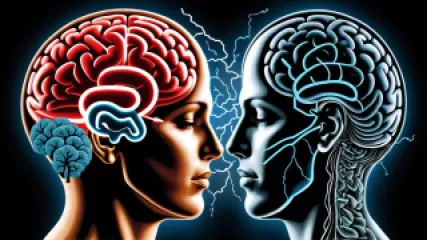What 'Fight Club' Can Teach Us About Overcoming Cognitive Dissonance
1 year ago
Cognitive Dissonance
Mastering Cognitive Dissonance Psychology: The Ultimate Guide
1 year ago
Cognitive Dissonance
Understanding the Impact of Virtual Therapy for Rumination
1 year ago
Managing Rumination
Mastering Decision Making: A Step-by-Step Guide
1 year ago
Psychology of Decision Making
Exploring the Relationship Between Food and Mood: A Personal Perspective
1 year ago
Psychology of Eating
Setting Healthy Personal Boundaries: A Step-by-Step Guide
1 year ago
Boundaries in Personal Life
Learning About Cognitive Dissonance Through Fiction
1 year ago
Cognitive Dissonance
10 Effective Strategies to Overcome Boredom
1 year ago
Dealing with Boredom
Understanding Neurodiversity: Key Research Findings
1 year ago
Neurodiversity
Mastering Cognitive Dissonance: A Comprehensive Guide
1 year ago
Cognitive Dissonance
Confronting Workaholism: An Interview with a Recovering Workaholic
1 year ago
Workaholism
Mastering the Unknown: Interview with a Risk Management Expert
1 year ago
Dealing with Uncertainty
Mastering Personal Boundaries: The Complete Guide
1 year ago
Boundaries in Personal Life
Expert Strategies to Overcome Rumination: An Interview with a Cognitive Therapist
1 year ago
Managing Rumination














